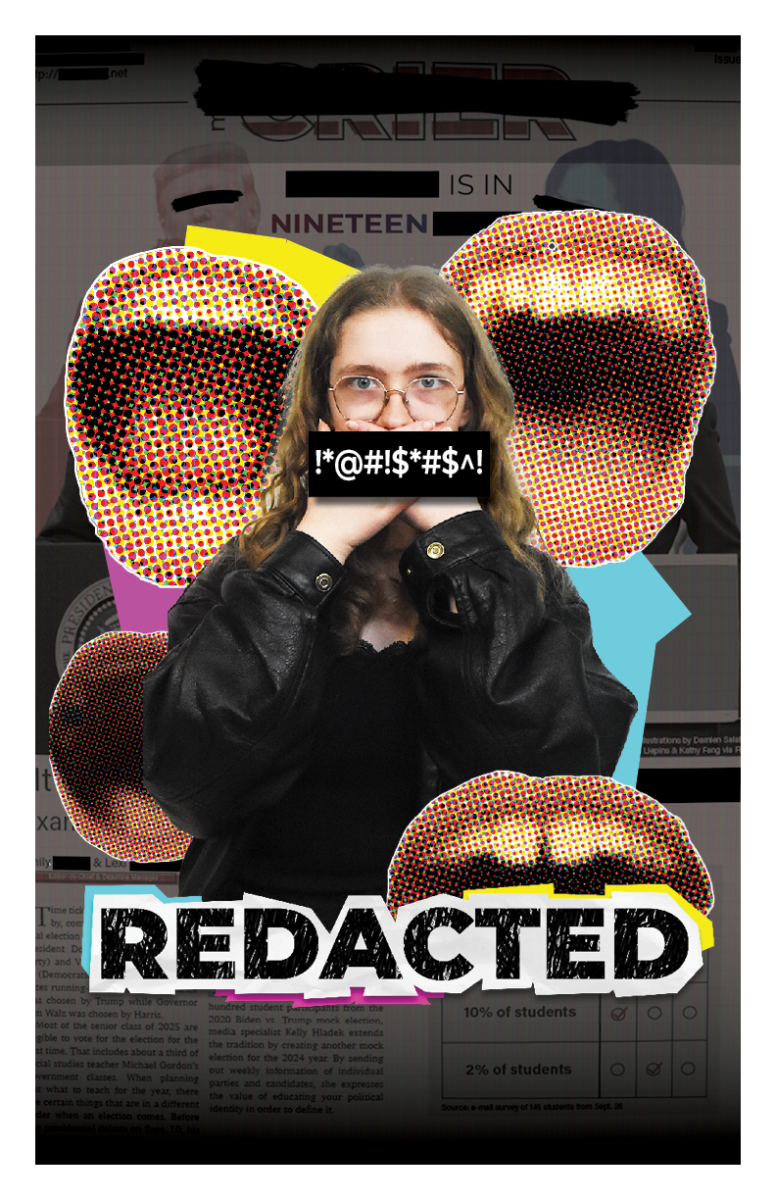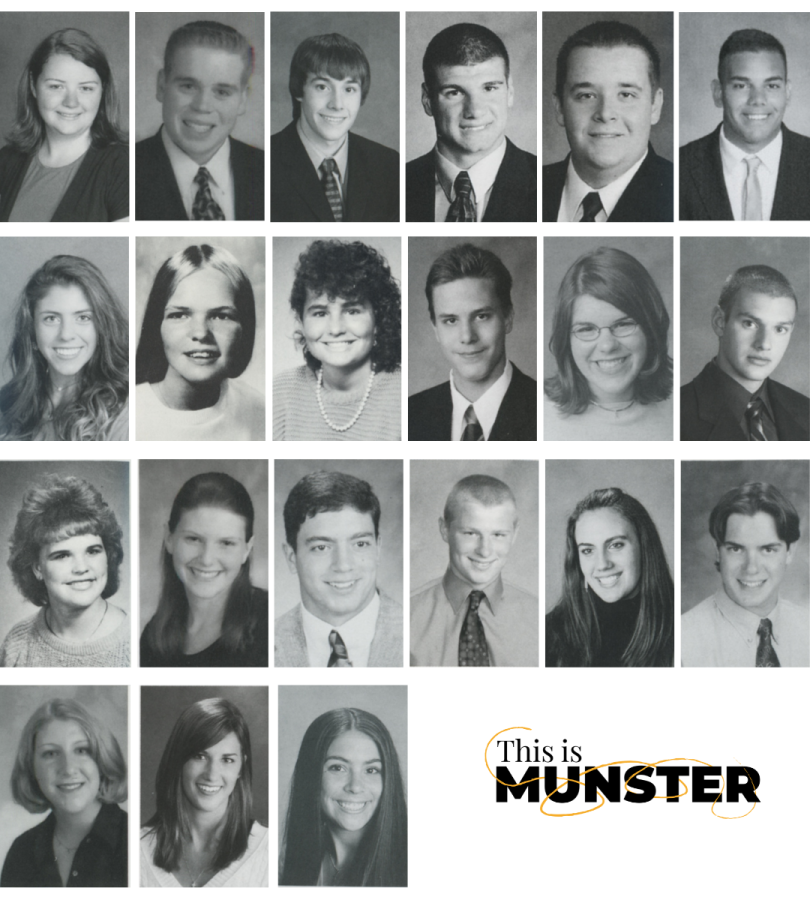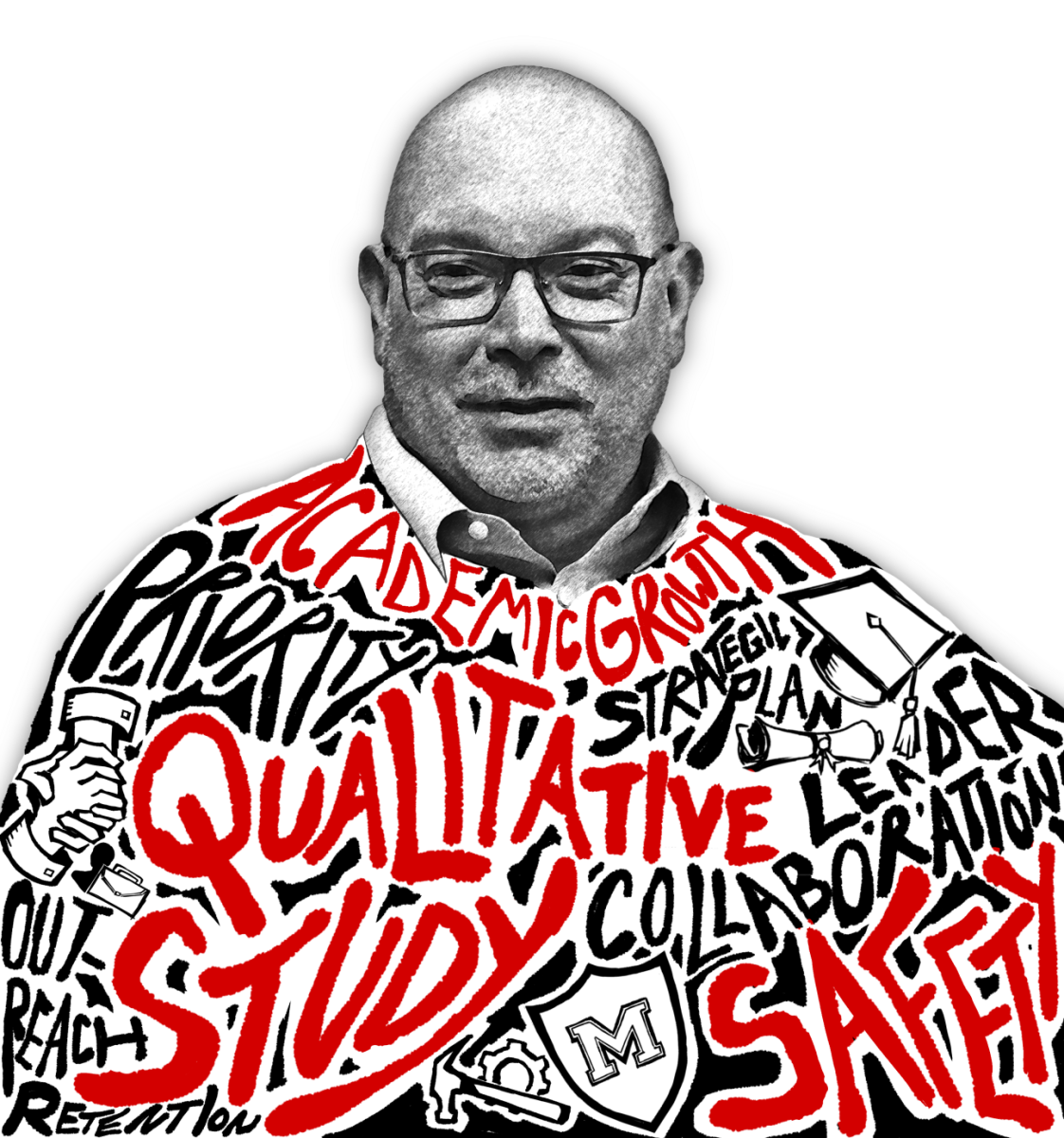If I had to guess, you probably only go to the library when absolutely necessary. You’d rather read online, or not read at all. If I had to guess, you probably do not know the sheer importance of a library. You probably don’t know the plague afflicting them.
You may not realize it, but year after year books are being taken from library shelves for their “controversial topics” that include anything from having “demonic material” to two guys kissing. Even “Alice and Wonderland” and “The Diary of Anne Frank” are among the banned books list. In fact, several pieces of our standard English curriculum are on the banned books list, including “To Kill a Mockingbird,” “1984,” and “The Catcher in the Rye.”
We are lucky that our school has been relatively unaffected. Many schools across the nation have had to adapt their curriculum due to complaints from parents and other lobbyists. These books are meaningful and tell an important lesson about the world, both in the time period it’s set and written in, and today. Reading classic literature is a fundamental part of becoming a well-shaped individual, and a fundamental part of education as a result.
However, schools are not even the worst for censorship. Public libraries are. Books are quietly being taken from the shelves of local libraries and library systems, and no-one is realizing because fewer and fewer people go. The best way to fight book bans is to read the books that are controversial, to show the library that they are popular and should remain on the shelves. If nobody shows up? The books stop showing up, too.
You should be scared of book bans. Some of the most popular books of past and present have been censored and removed. “The Hunger Games” is banned. “Hamlet” is banned. Where does it end? Will “Romeo and Juliet” get removed because they kill themselves? Will “Pride and Prejudice” vanish because Wickham tried and failed to marry a 15-year-old off screen?
How much longer will we keep stripping these beloved pieces of literature from our shelves for the sake of “removing sensitive content,” until the only thing that remains is the same brand of boring and meaningless book?










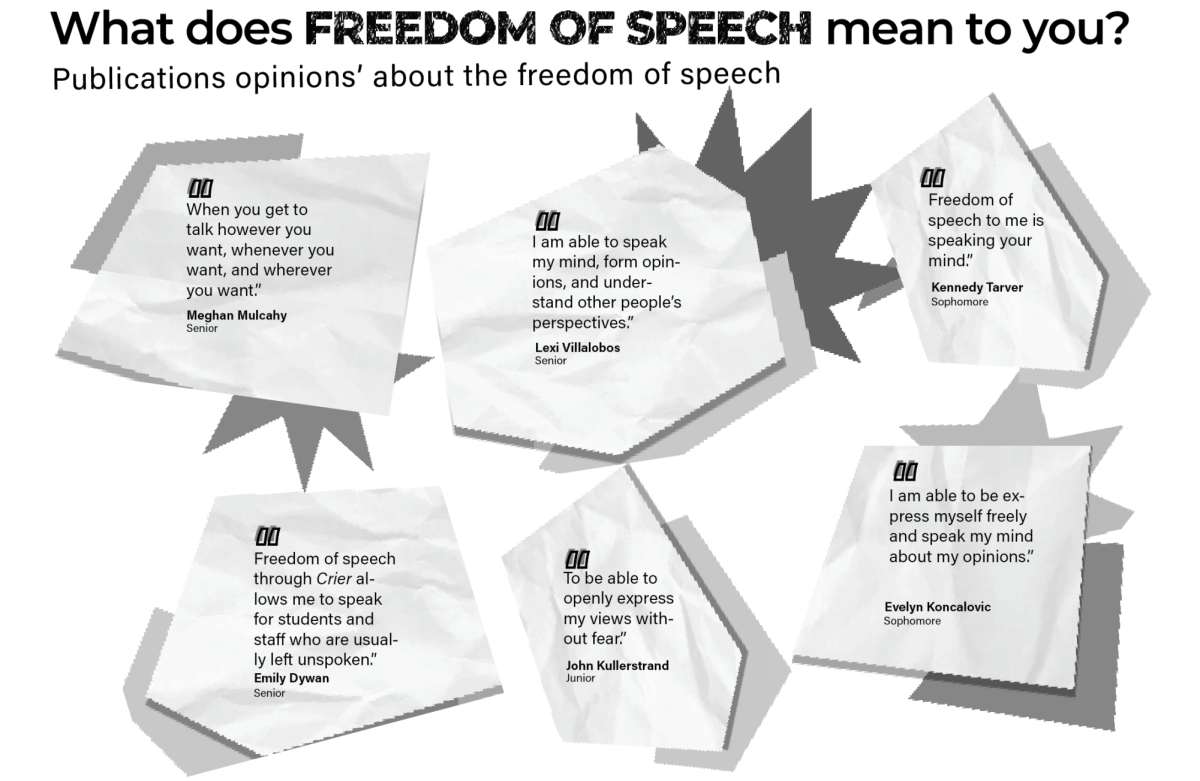



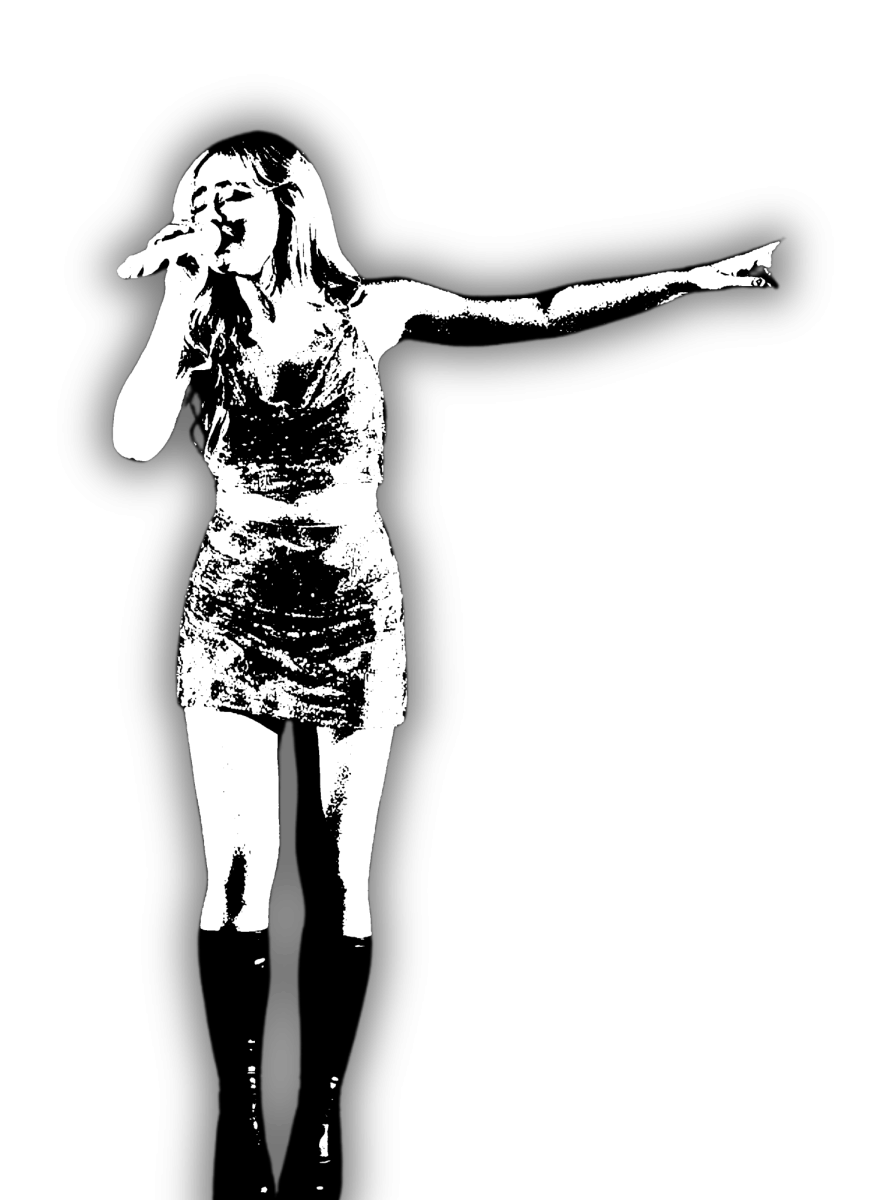

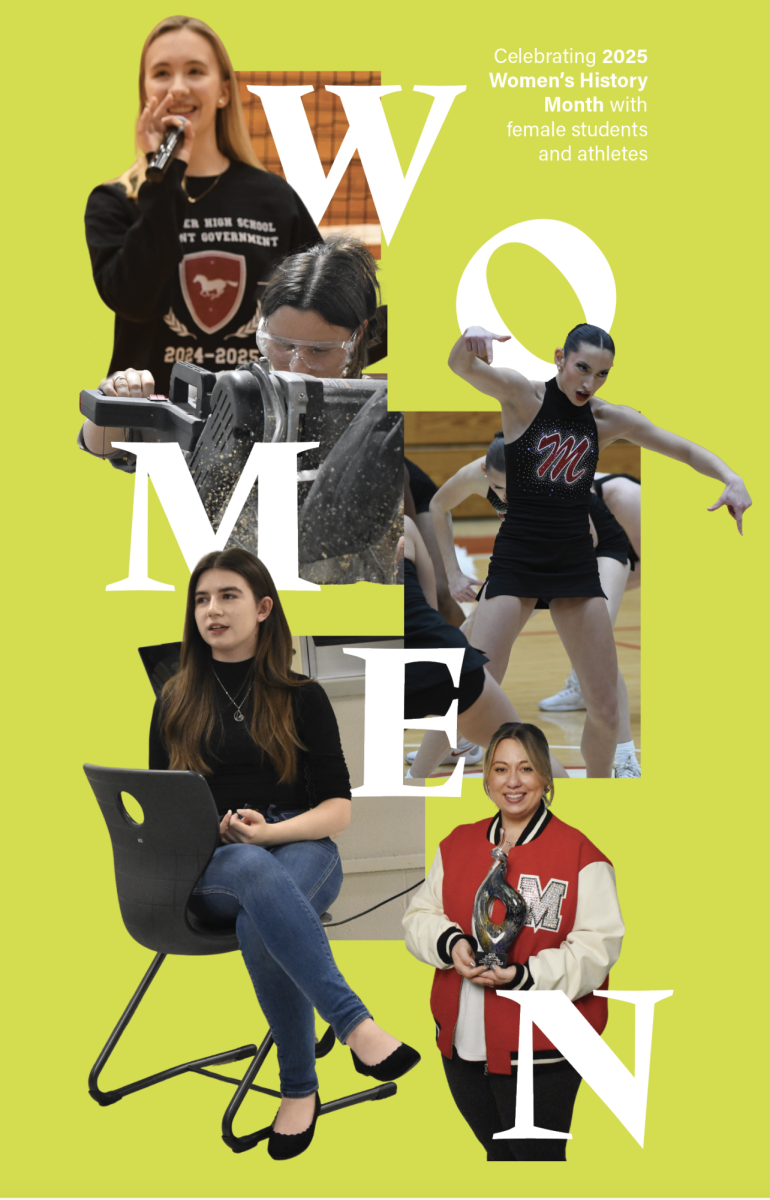

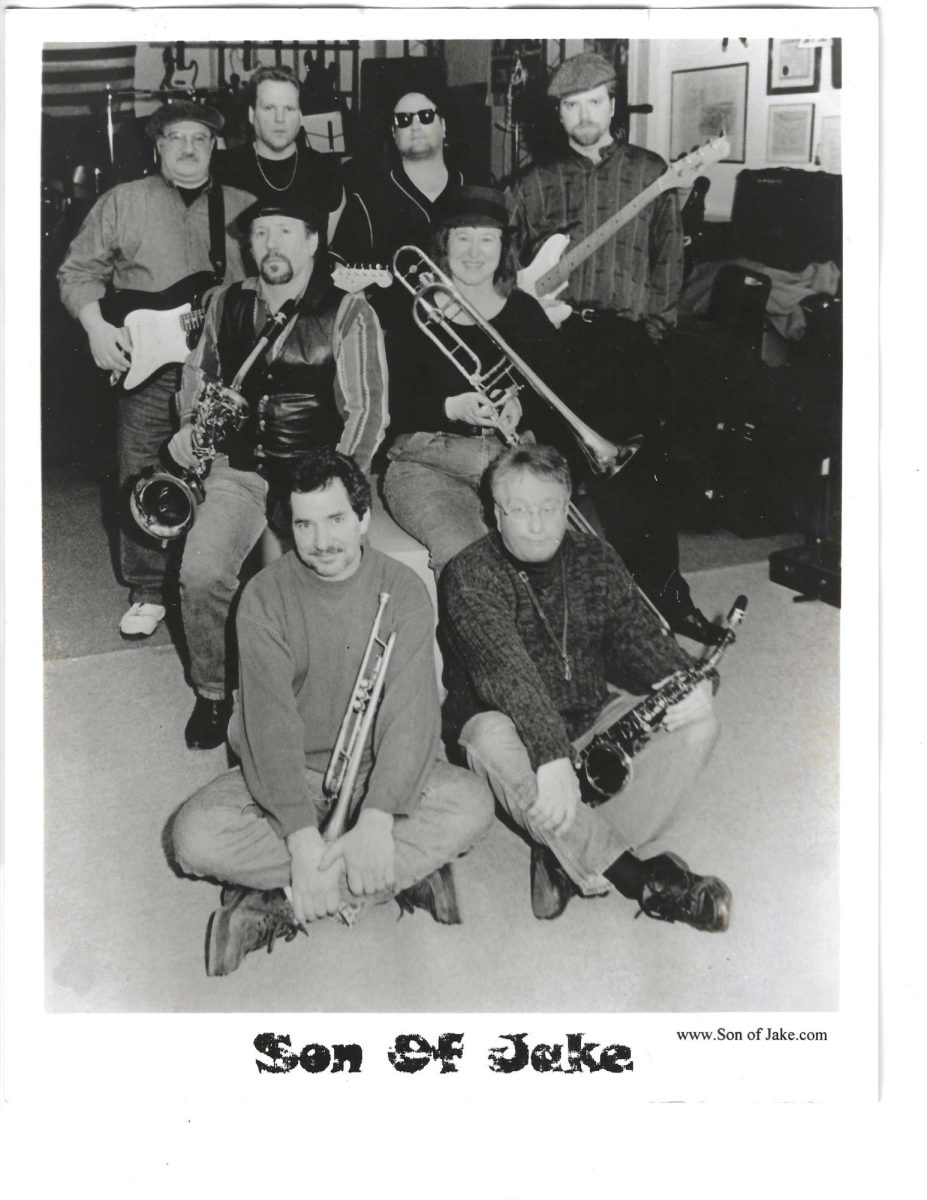







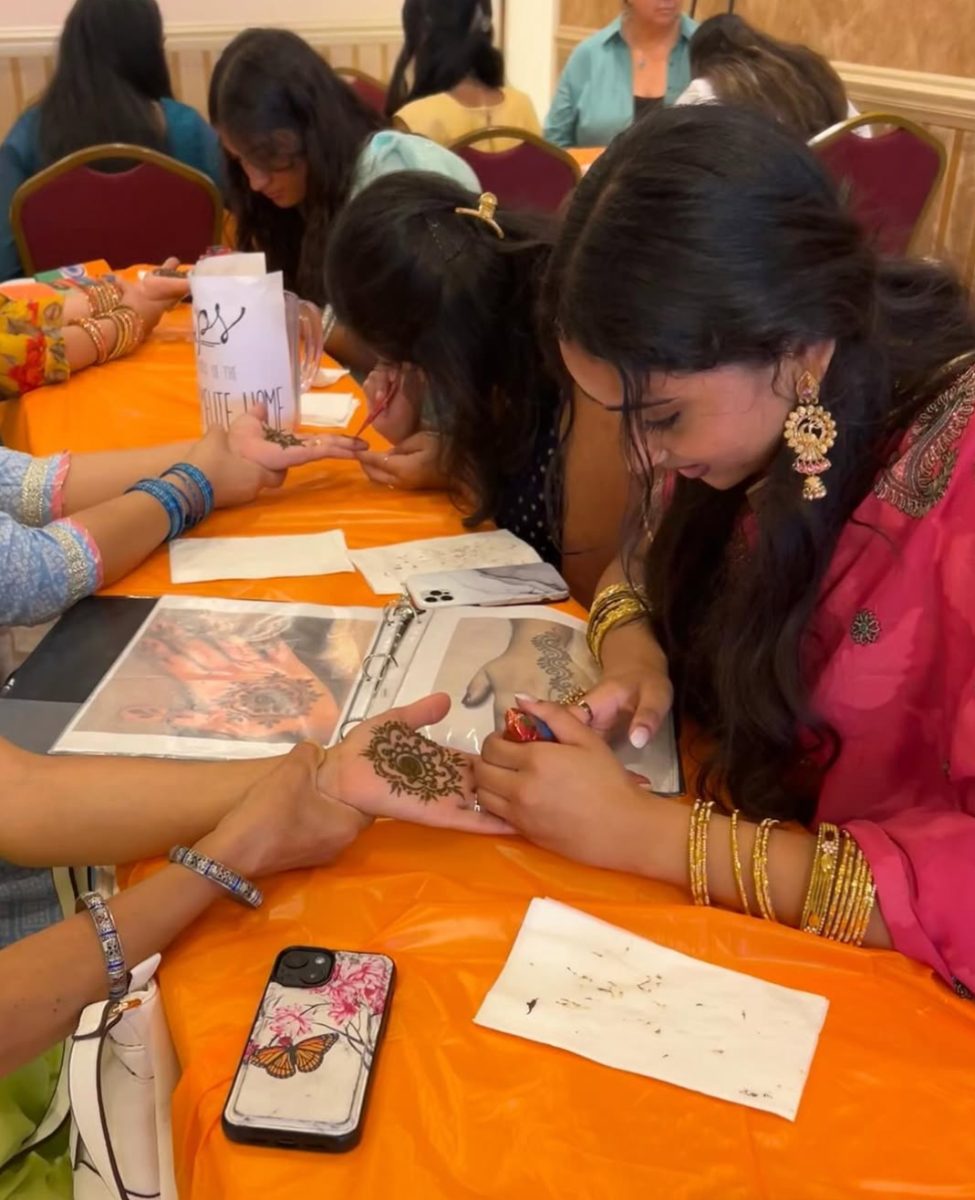




![SNAP HAPPY Recording on a GoPro for social media, senior Sam Mellon has recently started a weekly sports podcast. “[Senior] Brendan Feeney and I have been talking about doing a sports podcast forever. We love talking about sports and we just grabbed [senior] Will Hanas and went along with it,” Mellon said.](https://mhsnews.net/wp-content/uploads/2025/04/sam-892x1200.png)
